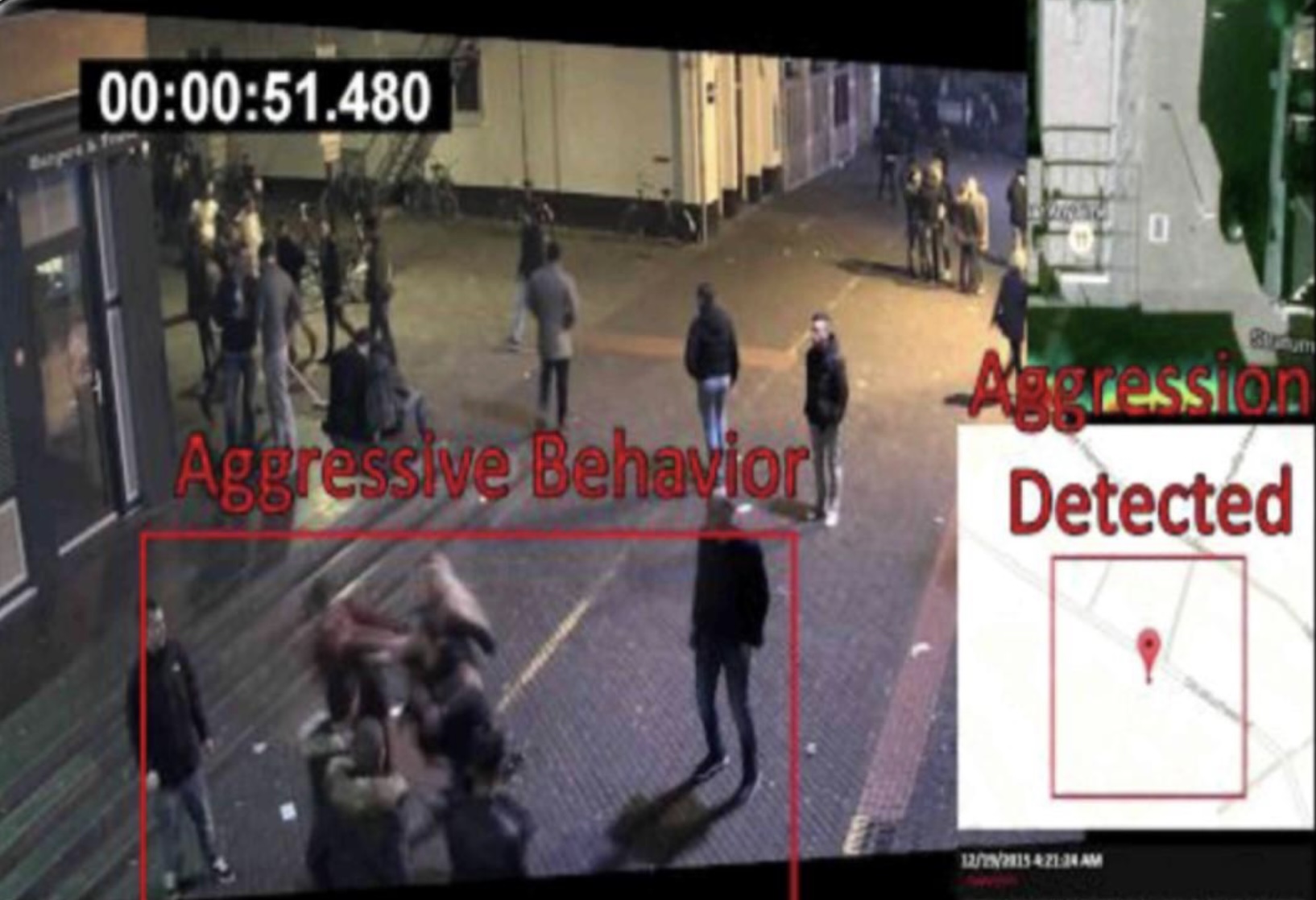An ethnographic study of Eindhoven’s Smart City project

In this article, Sofie Doorman of the University of Amsterdam and Brunilda Pali of the Institute of Criminology, KU Leuven, explore the promises of security that are embedded in the smart city technologies and algorithms and their potential implications for creating social inequality and discrimination.
Our ethnographic case study is the Living Lab Stratumseind, a popular nightlife street in Eindhoven where smart technologies and algorithms are being tested with the aim of increasing security in the street.
First, we introduce the context in which the Living Lab Stratumseind was developed and trace this development and the multiple forms of governance that characterise it and highlight the main ‘smart technologies’ that can be found there.
Second, we focus our attention on the ways in which smart technologies and algorithms promise to enhance public security by directly and uncritically translating technological rationales and discourses into social domains.
Third, we argue that the smart city technologies and algorithms risk to create, reproduce and reinforce social inequalities and discrimination, and that it is unclear who is responsible for these unanticipated consequences.



